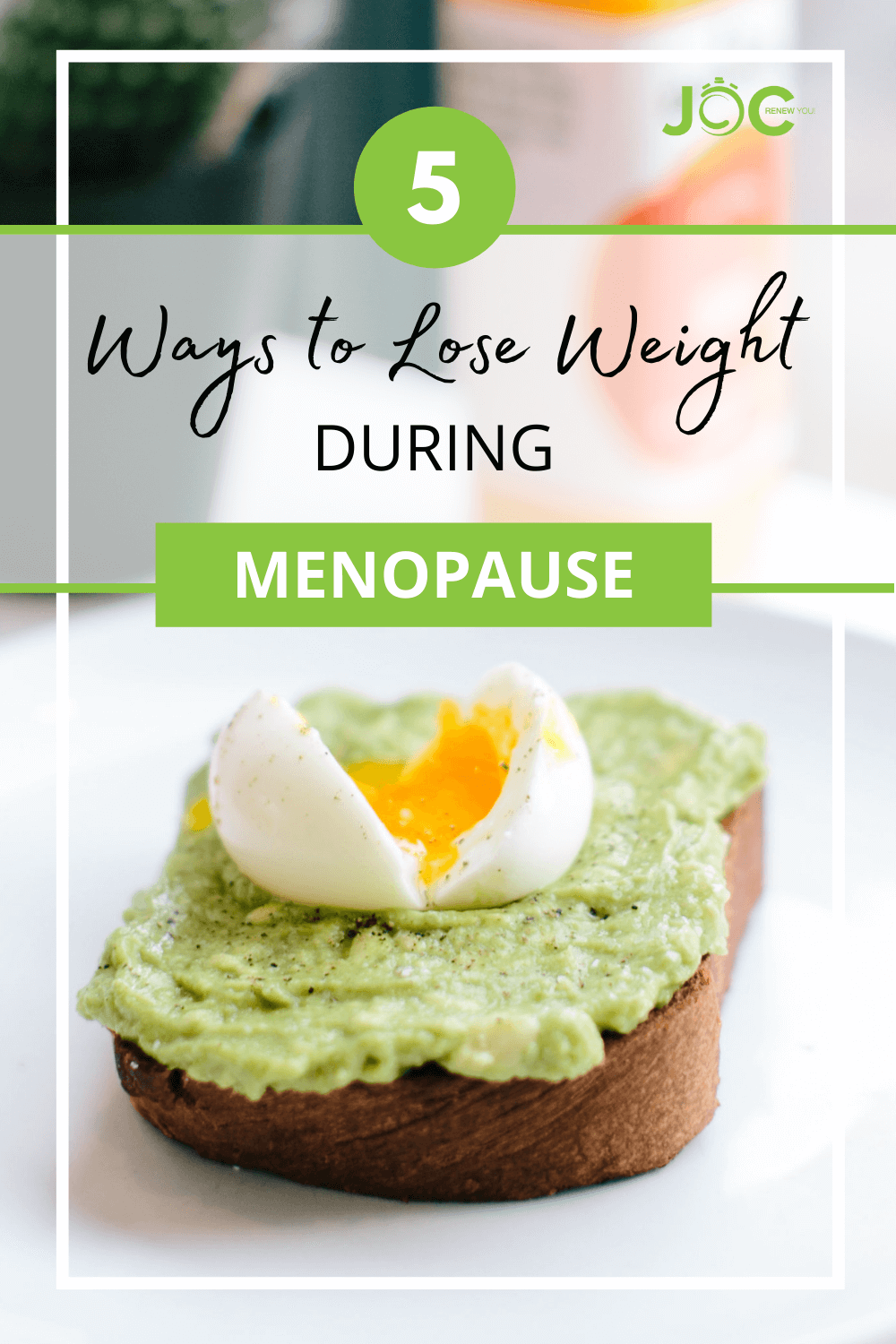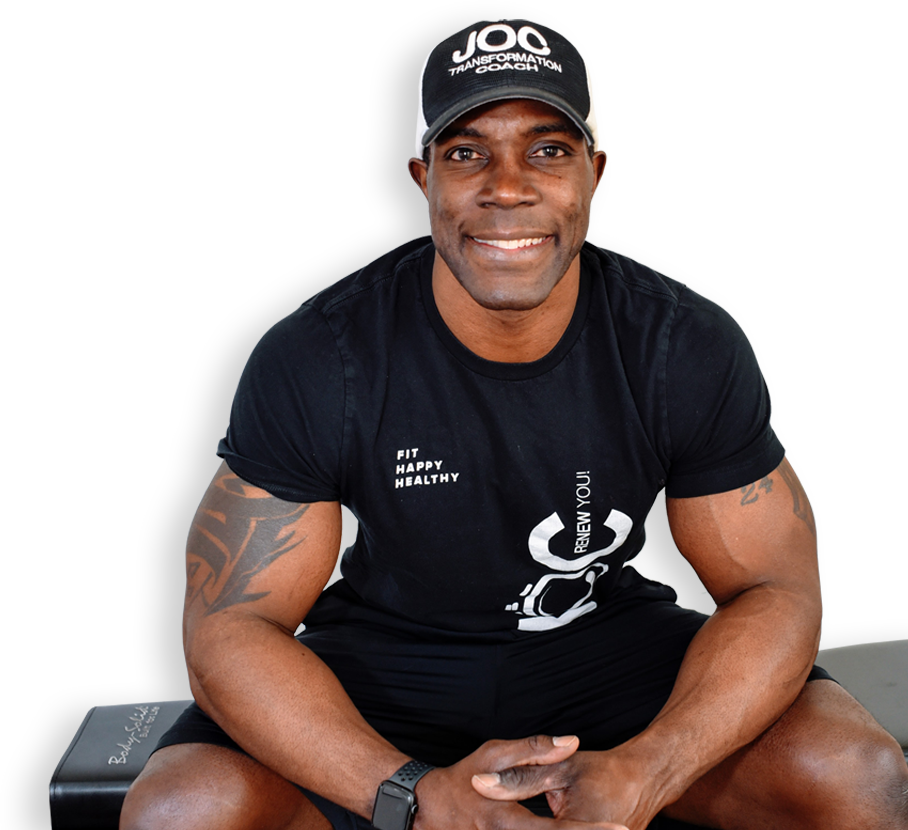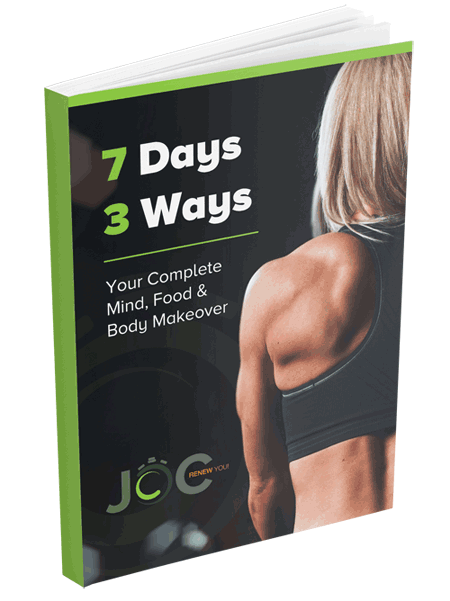Menopause can cloud your self-confidence, take a toll on your energy, and negatively impact your body image. But it doesn’t have to! You can smoothly navigate this new chapter of your life by changing up your lifestyle, fitness, and nutrition routines. Here are some tips to help you stay healthy, lose weight during menopause, and achieve your definition of the ideal body
1. Find your resting metabolic rate
Your metabolism changes drastically when you approach and transition through menopause. That’s what traditionally makes it so challenging for women who want to maintain or lose weight. Fortunately, finding your resting metabolic rate can help!
Resting metabolic rate, or RMR, can help you recalibrate your nutrition plan. This number identifies the rate in which your body burns energy while at rest—completing basic functions like respiration and circulation. In short, it’s the bare minimum energy, or calories, your body needs to operate while maintaining your current weight.
You can find handy RMR calculators online which use your height, weight, age, and gender to estimate your RMR. You can also use the Harris and Benedict equation to calculate RMR for women:
447.593 + (9.247 × weight in kg) + (3.098 × height in cm) – (4.330 × age in years)
Once you have your RMR, you’ll have a better idea of how many calories you should consume per day to maintain or safely lose weight. RMR varies by person and age, and as you lose weight, your RMR will decrease, too. You can use The JOC Calorie Calculator to ensure you’re eating the right amount to attain your goals.
2. Eat whole, natural foods

Once you know how many calories you should consume per day, you need to decide what to do with them. Experts agree that the most effective way to lose weight keep it off is by eating clean and unprocessed foods. At JOC, we agree. To lose weight during menopause and feel satisfied, choose whole, natural foods. You want a balanced diet that focuses on lots of fruits, veggies, whole grains, legumes, and healthy fats like avocado, olive oil, and low-sugar nut butters. Even a bit of pure dark chocolate per day can satisfy cravings while adding antioxidants to your diet. A ph-balanced diet can also be beneficial for women navigating menopause.
3. Exercise 30 minutes per day, three or more days per week
The modern world is busy, and most of us are busy from sun-up to sundown. It’s no surprise that many new JOC clients tell us it’s nearly impossible to find time to exercise and achieve fitness goals. That’s when we recommend high-intensity interval training, or HIIT.
These training sessions are an incredibly effective way to burn fat without spending a lot of time at the gym. You can even break up your HIIT intervals throughout the day if you only have a few minutes here and there to work out. HIIT is so targeted and efficient that just 30 minutes per day (cumulatively), three days per week can help you lose weight during and after menopause. As you’re able to achieve your fitness goals, you’ll boost your confidence and energy—helping you become increasingly active!
No matter how you do your HIIT workouts, push yourself until you sweat, and choose heavy weights to build strength and maintain muscle. As always, balance your HIIT workouts with active recovery days.
- Better blood sugar control
- Managing diabetes
- Preventing diabetes
- Weight control
4. Close your nutritional gaps with proper supplementation
Many women take daily nutritional supplements in the form of vitamins, minerals, and botanicals to help lose weight during menopause. But if you eat a diet already rich in whole, natural foods, how do you know what’s necessary supplementation for your body, and what’s overkill?
Research shows that for some people, supplements can be useful to fill nutritional gaps in your diet. For instance, if your diet limits dairy products, calcium plus vitamin D supplement may support your goals to lose weight while maintaining healthy joints and strong bones.
Supplements may also help with a weight loss enemy: stress. As hormone levels change during menopause, your cortisol levels can increase and lead to weight gain or weight loss stagnation. Supplements focused on anxiety relief may be beneficial to your wellness routine.
Of course, before you add any new supplement to your diet, check with your health care provider. Some botanicals can interact with medications, so talk it over with your doctor.
5. Eat slowly and enjoy your food
Here’s a menopause weight loss tip that’s easy: slow down and savor every bite of your food.
When you eat too quickly, your stomach doesn’t have enough time to tell your brain it’s full—causing you to overeat. If you take the time to leisurely enjoy your meal, your body may have a better ability to prevent you from consuming more than you need.
Losing weight during menopause may have felt discouraging or hopeless in the past, but change is possible! You can use these tips to take control of your weight loss journey with renewed confidence and feel stronger and more powerful in your body than ever before. We’re here to help you get started.





